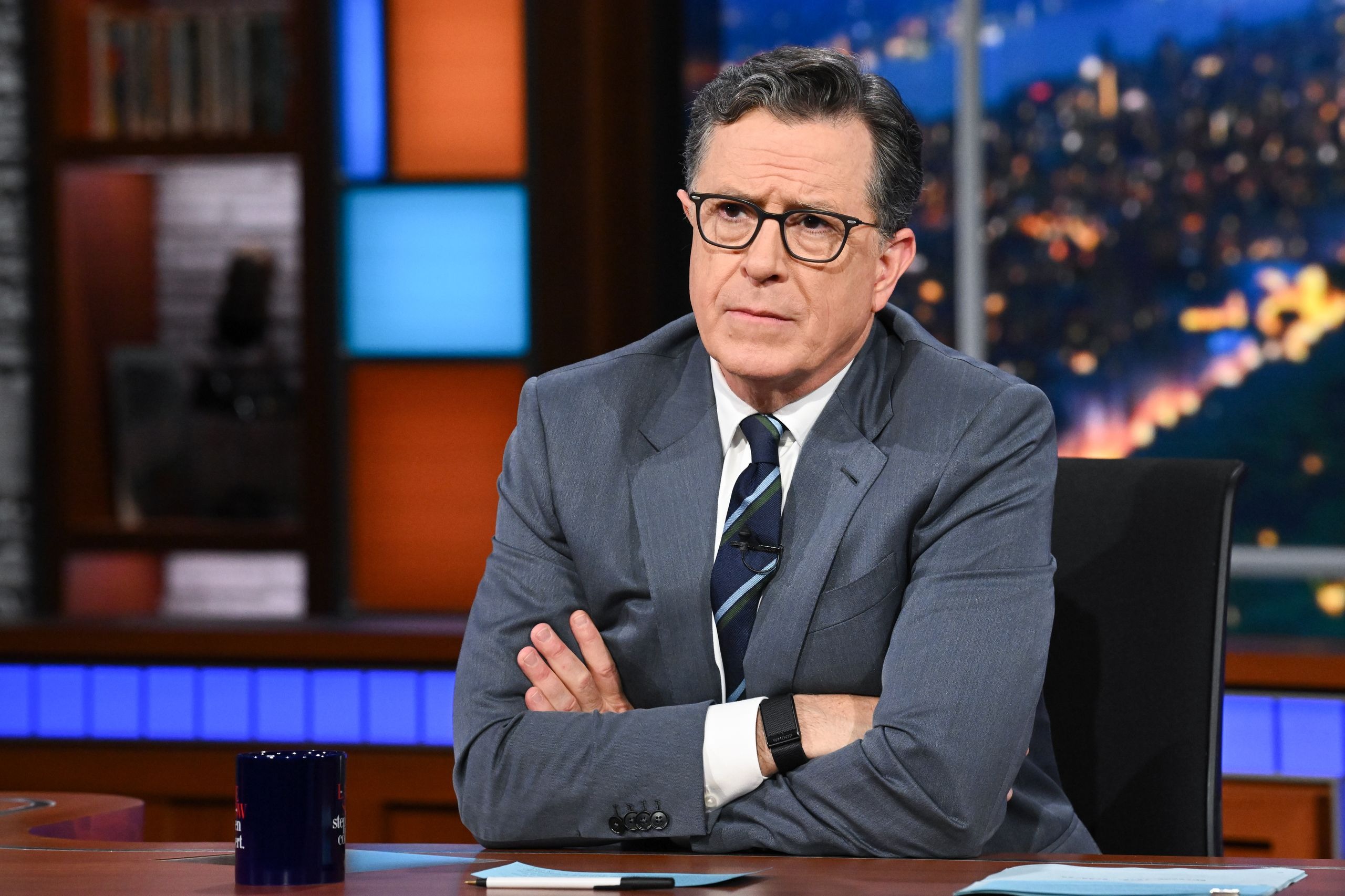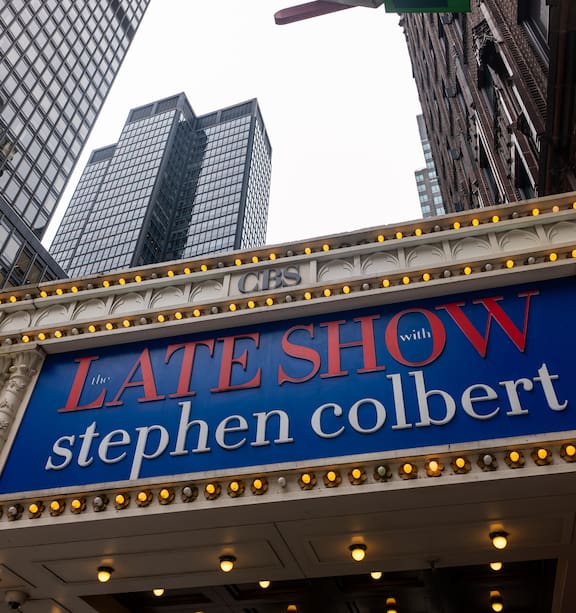CBS Pulls Plug on 'The Late Show' Despite Top Ratings

In a stunning move, CBS announced the cancellation of "The Late Show with Stephen Colbert," despite it being the top-rated late-night program on U.S. broadcast television. The final episode is scheduled for May 2026, marking the end of an era for the "Late Show" franchise, which began in 1993 with David Letterman. Stephen Colbert, who took over hosting duties in 2015, delivered the news to his audience during a taping on Thursday, July 17, 2025, reportedly after learning of the decision the previous night.
Nielsen Ratings Showed 'The Late Show' Leading the Pack

The cancellation announcement came just days after the release of Nielsen ratings for the second quarter of 2025. These ratings revealed that "The Late Show with Stephen Colbert" averaged 2.417 million viewers across 41 first-run episodes in the 11:35 PM ET time slot. Notably, it was the only show in its time slot to experience a 1% increase in viewership compared to the previous quarter, highlighting its continued popularity and relevance.
Colbert's Criticism of Paramount's Trump Settlement Preceded Cancellation

Adding fuel to the fire, Stephen Colbert had recently criticized Paramount Global, CBS's parent company, for its $16 million settlement with Donald Trump over a "60 Minutes" interview. On his show, Colbert referred to the settlement as a "big fat bribe." This public rebuke occurred on Monday, July 14, 2025, just days before CBS announced the cancellation of "The Late Show."
CBS Cites Financial Reasons Amidst Industry Challenges

CBS maintains that the decision to cancel "The Late Show" was "purely a financial decision against a challenging backdrop in late night." The network insists that the cancellation is not related to the show's performance or content. The late-night television landscape is facing declining viewership as audiences increasingly shift to streaming platforms, making the economics of high-cost productions like "The Late Show" increasingly difficult. Previously, CBS had canceled "The Late Late Show" and "After Midnight" as part of a broader strategic shift.
Controversy Erupts Over Potential Political Motivation

Despite CBS's insistence on financial reasons, the timing of the cancellation, following Colbert's criticism of the Trump settlement, has sparked widespread speculation about potential political motivations. Critics, including Senators Adam Schiff and Elizabeth Warren, have publicly questioned whether the cancellation was an attempt to appease the Trump administration, especially given Paramount Global's pending $8.4 billion merger with Skydance Media, which requires FCC approval.
WGA Calls for Investigation Into Cancellation

Adding to the controversy, the Writers Guild of America (WGA) has called for an investigation by New York's attorney general into whether the cancellation is a "bribe" designed to curry favor with the Trump administration in order to secure approval for the Paramount-Skydance merger.
Audience Reaction and Public Outcry

The announcement of the cancellation was met with audible boos from the audience during the taping. Social media platforms have also seen significant reaction, with many users expressing disappointment and echoing concerns about potential political influence on the decision. Donald Trump himself has publicly celebrated the show's cancellation.
Impact on CBS and the Future of Late-Night Television

The cancellation of "The Late Show" marks the end of a significant chapter in CBS's programming history, as it represents the network's complete exit from original late-night talk shows. This decision could influence other networks to re-evaluate their own late-night strategies, especially in light of the evolving media landscape and financial pressures. The controversy surrounding the cancellation also has the potential to impact public trust in CBS/Paramount Global and raise broader questions about media independence.